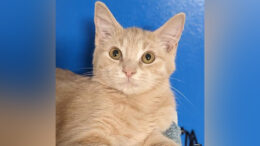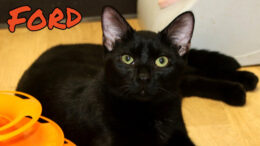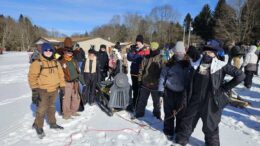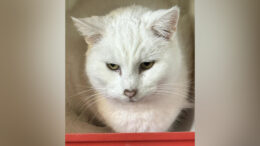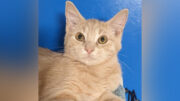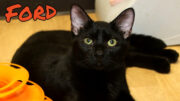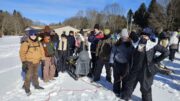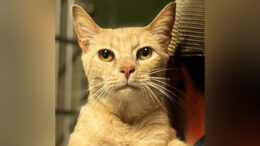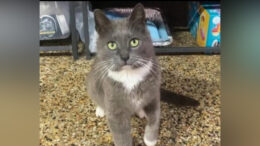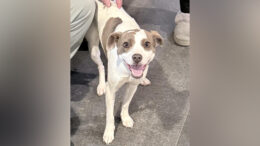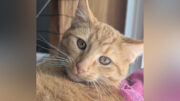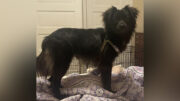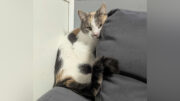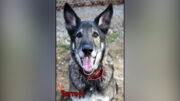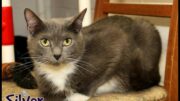From staff reports
With decreasing reports of sick and dead wild birds, the Pennsylvania Game Commission is lifting the recommendation to cease feeding birds.
Much is still unknown about what caused the mortality event documented in Washington, D.C., and at least 10 states, including Pennsylvania, since late May. No definitive cause of illness or death has been determined. But research has ruled out many potential causes and there is no indication that feeding birds or maintaining bird baths were contributing factors.
No human health or domestic animal (livestock, poultry, pets) issues have been documented.
Because birds congregate at bird feeders and baths, the standard recommendation to keep that equipment clean remains in place, along with additional guidelines:
– Clean feeders and bird baths with soap and water, then disinfect with a 10% household bleach solution. After allowing 10 minutes of contact time, rinse with clean water and allow to air dry. Cleaning and disinfection should be done at a minimum weekly basis or more frequently when soiled to prevent potential spread of any infectious diseases between birds and other wildlife, as well as remove spoiled food.
– Remain vigilant and report any sick or dead wild birds to your local Pennsylvania Game Commission office.
– Keep pets away from sick or dead wild birds.
– Avoid handling wild birds. If you must do so, wear disposable gloves or use inverted plastic bags on your hands to avoid direct contact. Dead birds can be disposed of in a closed plastic bag in household trash or buried deeply to prevent disease transmission to other animals.


